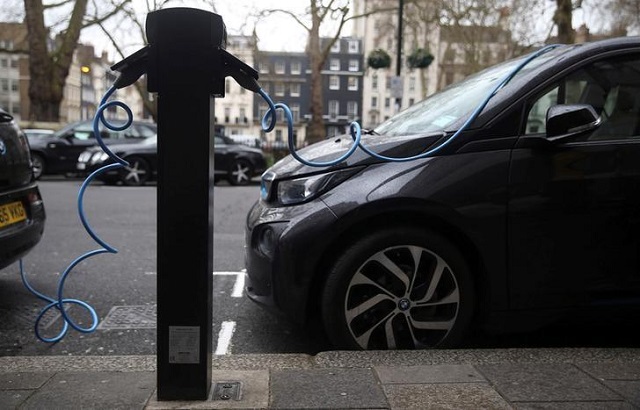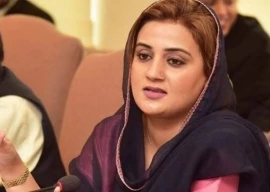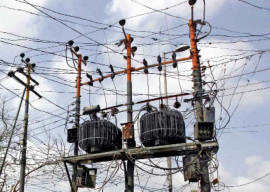
Experts have said that Pakistan needs to strengthen its policy framework to promote electric vehicles, which are not only environment-friendly but also it will reduce the country’s dependency on fossil fuels.
They were speaking at a webinar titled “market preparedness and policy support for electric vehicles (EVs) in Pakistan,” organised by Sustainable Development Policy Institute (SDPI).
During his keynote address, Lahore University of Management Sciences Prof Dr Naveed Arshad said that the electric vehicle policy lack ownership in Pakistan. Besides, he said, the involvement of a single ministry for policy formulation and implementation tracking is not enough. He suggested forming a high-level body on top under the planning commission, the Board of Investment, or parliament itself for the key decision-making.
He further suggested that the government must provide a least resistant path to a critical mass of EVs, convert public vehicles to Electric ones, invest in indigenous research, provide new financial models, and ensure minimum quality and safety of the vehicles.
, Federal Board of Revenue (FBR) Secretary Sabir Jamil said that the government of Pakistan was offering several taxations and incentive schemes for electric vehicles. Moreover, he added, to promote such environment-friendly vehicles, support financing mechanisms are being offered to develop charging infrastructure.
Former Director-General Environment and Climate Change Mr Muhammad Irfan Tariq asserted that climate change is the most critical driver of Electric Vehicle Market growth across the globe. The MoCC brought EV policy as a strong agenda item as it makes a perfect economic and environmental sense for the country’s climate ambitions and targets, he added.
Research Fellow and Head, Energy and China Study Centre, SDPI Dr Hina Aslam earlier informed the participants that the transport sector of Pakistan is responsible for approximately 30 per cent of total emissions from the energy sector. She argued that a transition towards electric vehicles can reduce Pakistan’s dependency on petroleum products.
Project Manager, Energy, United Nations High Commissioner for Refugees (UNHCR) Dr Tanvir Ahmad said that the major challenge for EV market growth in Pakistan is the lack of demand due to the high initial cost associated with the vehicles and the battery components.
Published in The Express Tribune, May 28th, 2022.



1725612926-0/Tribune-Pic-(8)1725612926-0-165x106.webp)


















COMMENTS (1)
Comments are moderated and generally will be posted if they are on-topic and not abusive.
For more information, please see our Comments FAQ